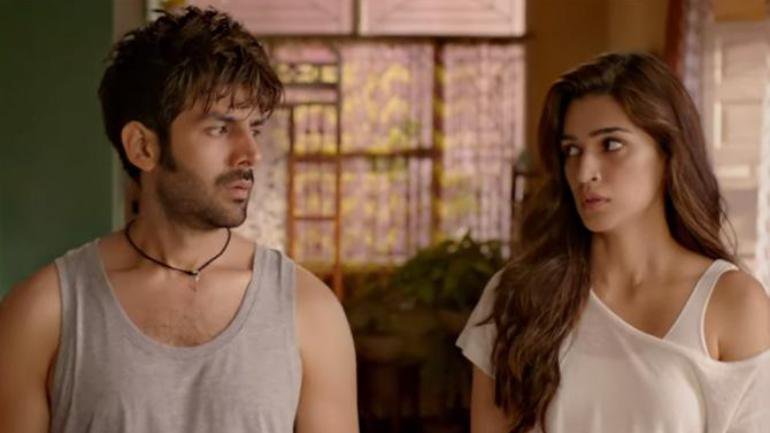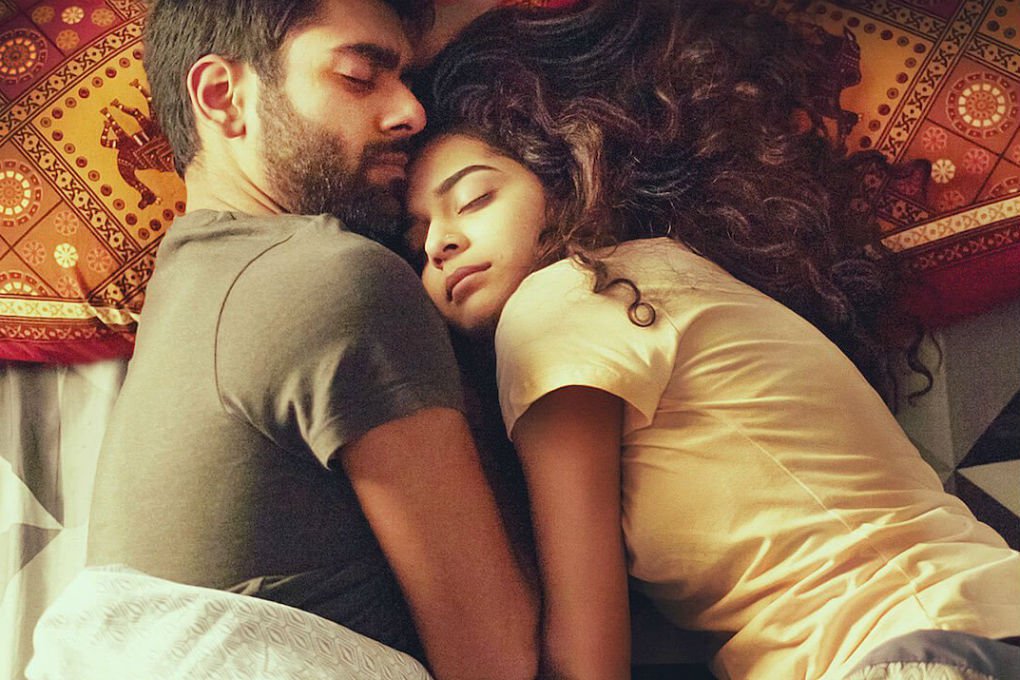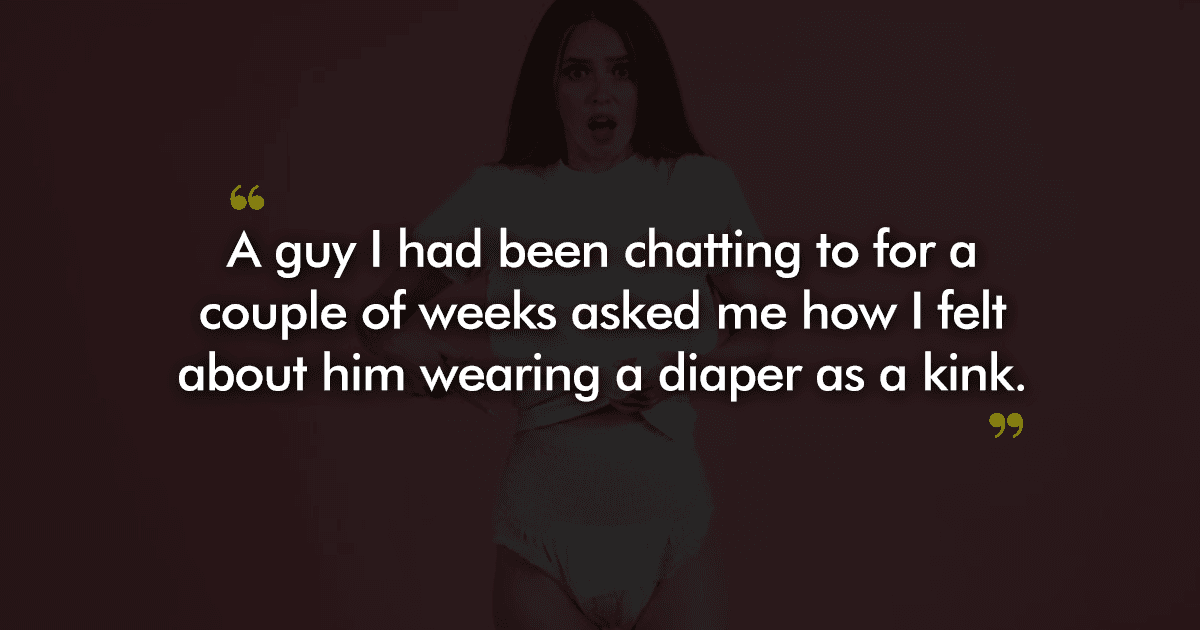A live-in relationship gives you the opportunity to know your partner without legal or familial obligations. Thankfully, urban Indians are starting to open their minds about live-in relationships. Several judgments have contested the archaic notions of Indian society. However, certain social truths still await acceptance of patriarchal morality; like live-in relationships.

While a fraction of the Indian population has accepted it, a sizeable chunk is still hostile towards the idea. Even though now it is pretty normalised in Bollywood and regional cinema through movies like Luka Chuppi, there still is hesitance.

Live-in is a way to understand one’s compatibility. It involves continuous cohabitation between the partners without any responsibilities or obligations towards one another. There is no law tying them together, and consequently, either of the partners can walk out.
Live-in relationships are legal.

The Apex Court stated that if a man and a woman “lived like husband and wife” in a long-term relationship and even had children, the judiciary would presume that the two were married and same laws would be applicable. It even declared that for a man and a woman in love to live together is part of the right to life and not a “criminal offence”.
These are the rights that you should know about-
1. Maintenance of lady partner

Since no remedy is granted to women involved in a live-in relationship, Indian Courts have widened the scope of maintenance under the Criminal Procedure Code. Therefore, Section- 125 of the Criminal Procedure Code has been provided to give a legal right of maintenance to lady partners in or out of a marriage.
2. Domestic Violence

The Domestic Violence Act was enforced as an attempt to protect women from abusive (physical, mental, verbal or economic) marital relationships. However, as per Section- 2 (f), it not only applies to a married couple, but also to a ‘relationship in nature of marriage’. Therefore, considering all this even the Supreme Court in a couple of cases has allowed live-in relationships to be covered within the ambit of the law specified.
3. Children out of wedlock and their rights
Live-in couple can have kids together and are allowed to adopt. In case of custody dispute, one can consult a Child Custody Lawyer.

Inheritance rights of children are mentioned in Section- 16 of the Hindu Marriage Act, where all children (born in and out of wedlock) are legally legitimate. These rights are available in both ancestral and self-bought properties.
However, the maintenance rights of children out of marriage varies. Under the Hindu Law the father has to maintain the child, whereas under the Muslim Law the father does not. However, under Section- 125 of the Criminal Procedure Code, remedy is available for children who are unable to claim maintenance under personal laws.
4. Right of Women to Inherit Property

In Dhannulal v. Ganeshram, the Court affirmed a woman’s right to inherit property after the death of her live-in partner. In the case, family members contested that their grandfather had been cohabiting with a woman for the past 20 years. Further, they claimed that since she was not married to him, she was not entitled to inherit his property. The Court held that ‘where the man and woman were living together as a husband and wife, the law will presume that they were living together in a valid marriage’.
5. Right to visa extension akin married couples

In the case of Svetlana Kazankina v. Union of India, the Court dealt with the issue of granting visa extension to an Uzbeki woman in a live-in relationship with an Indian man. The respondents submitted that the reason behind the denial was that the concerned Rules permit such extension only upon proof of marriage. The Court pointed out that the provisions for extension of visas of foreigners married to Indian nationals enabled such couples to be together. Highlighting that live-in relationships are now a factum of life, the Court opined that to grant an extension of visa, marriage and live-in relationships should not be treated differently.
Jaa, Simran, jaa! Jee le apni live-in relationship.

















